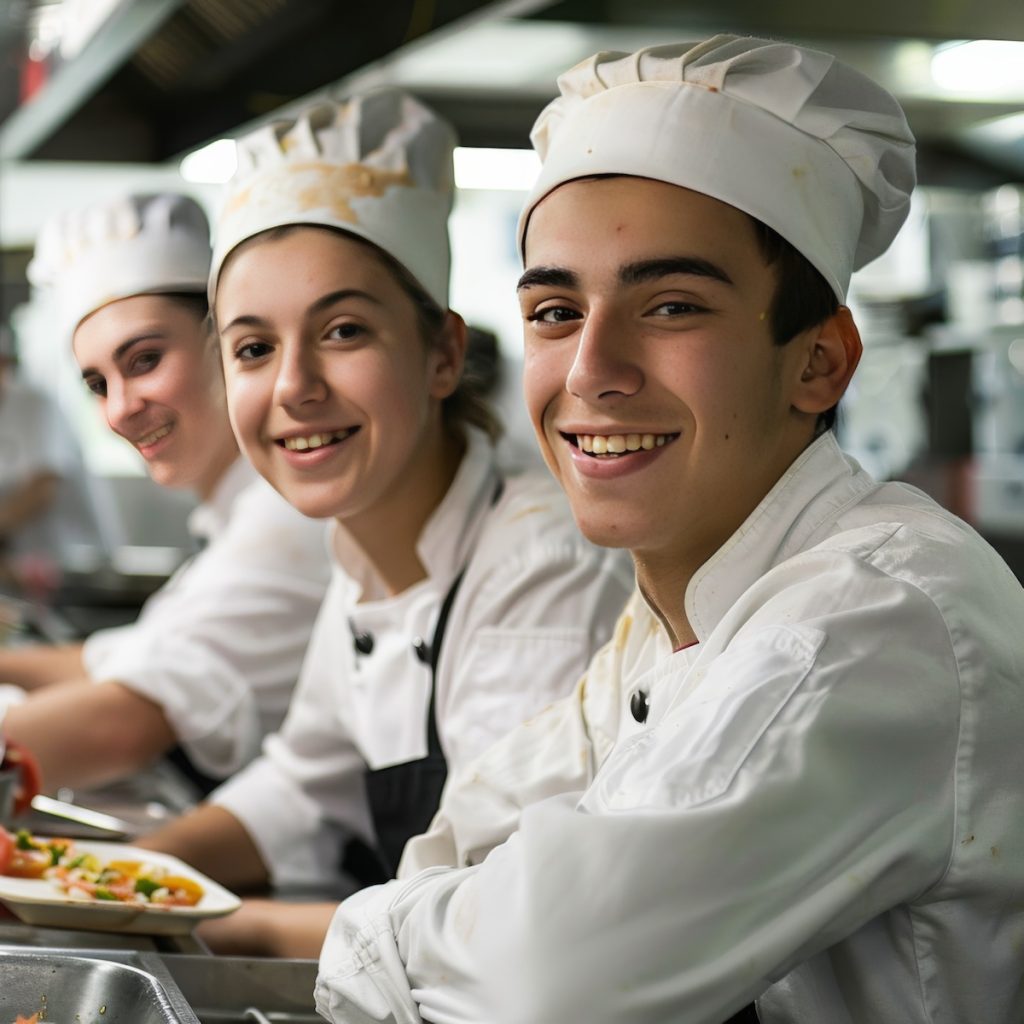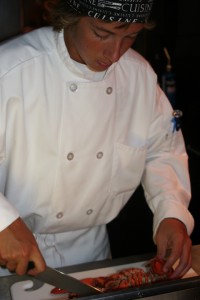Five Tips for Finding Culinary School Financial Aid
Pursuing a culinary education can be an exciting journey but often comes with financial challenges. Whether you dream of becoming a professional chef, pastry artist, or restaurant manager, the cost of culinary school can feel overwhelming.
Fortunately, financial aid opportunities are available to help make your dream a reality. Proper planning and research can uncover scholarships, grants, and loans tailored to aspiring culinary professionals.
In this post, I’ll share valuable financial aid tips for culinary school students, from identifying scholarships specifically for culinary arts to navigating the loan process with confidence. We’ll also discuss work-study programs and financial strategies that can help ease the burden of tuition costs. Whether you’re just starting to explore your options or are already enrolled in a program, these tips will guide you toward making informed financial decisions and help you focus on what matters—honing your culinary skills.
Investing in your education doesn’t have to break the bank. With the right approach, you can pursue your passion without being weighed down by financial stress. Read on to learn how to make culinary school more affordable and accessible.
Before You Start
Before you start, however, here are five essential tips to keep in mind:
You can just file your FAFSA early. State due dates for the FAFSA form vary, but no matter where you live, it’s best to get it in as early in the year as possible. Federal and state funding is limited, so the earlier you get in, the better your chances of getting grants.
Don’t assume culinary school is less relevant than any other degree. Many culinary students assume that not attending a university or community college means they aren’t eligible for grants and scholarships. This isn’t true; some scholarships look specifically for students in this type of vocational training.
Even if your parents aren’t contributing dollars and cents to your culinary education fund, they can still contribute. For example, if you have a parent with a military past, you may qualify for special veteran scholarships. Your parent’s employer might also have funds for scholarships, grants, and work-study programs.
Could you match your culinary school to your unique situation? Your goals, lifestyle, location, and skills will all influence where you go to cooking school and for how long. Don’t invest more money than you need for what you want from your culinary education.
Beware of scholarship scams. It would be best if you never were required to pay a fee for scholarship or grant consideration, and promises that seem too good to be true probably are. Getting financial aid is hard work, and any company that promises otherwise is lying.
As with most things, doing your homework will go a long way in helping you pay for culinary school. You can start looking early and take the time to do everything right. It will pay off in the end.
8 Tips for Finding Financial Aid For Culinary School
Here are some helpful tips for finding financial aid for culinary school:
- Research Scholarships: Many culinary schools, organizations, and foundations offer scholarships specifically for culinary students. Look for scholarships based on merit, financial need, or unique criteria related to culinary arts.
- Apply for Federal Aid: Complete the Free Application for Federal Student Aid (FAFSA) to determine your eligibility for federal grants, work-study programs, and loans. These resources can significantly reduce the financial burden of culinary school.
- Explore State Grants: Check with your state’s education department for grants and scholarship opportunities tailored to residents pursuing higher education in specialized fields like culinary arts.
- Consider School-Specific Aid: Some culinary schools offer institutional scholarships, grants, or tuition reduction programs. Be sure to contact the financial aid office of your chosen school for available options.
- Look into Industry Scholarships: Organizations such as the James Beard Foundation, the American Culinary Federation, and other culinary associations often provide financial support for culinary students.
- Seek Work-Study Opportunities: Many schools offer work-study programs that allow you to work part-time in exchange for financial aid, reducing out-of-pocket expenses.
- Investigate Private Loans: While federal loans are often preferable, private loans from banks or credit unions can be an option if you need additional funding.
- Start Early: You can start your financial aid search as soon as possible to meet deadlines and secure as much aid as possible.
Be sure to read our article Finding and Applying for Culinary Scholarships and Grants












